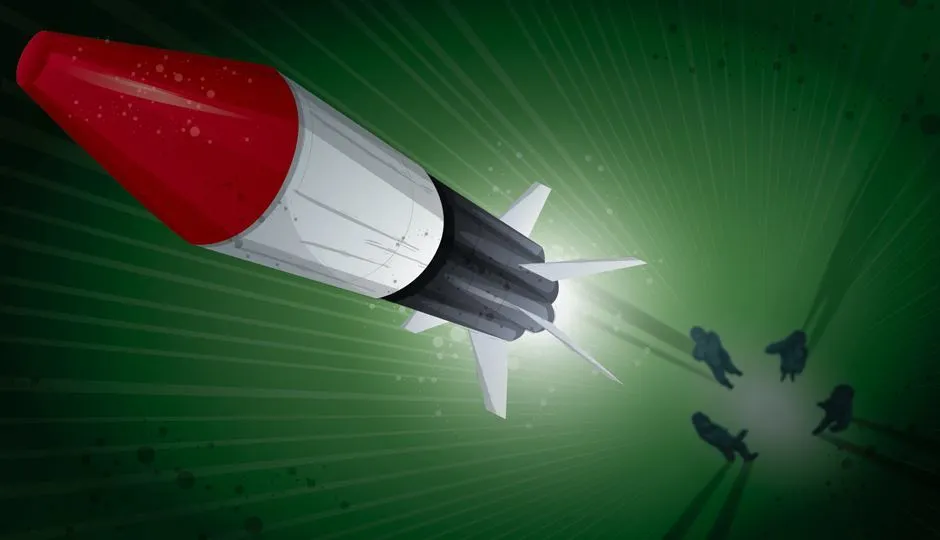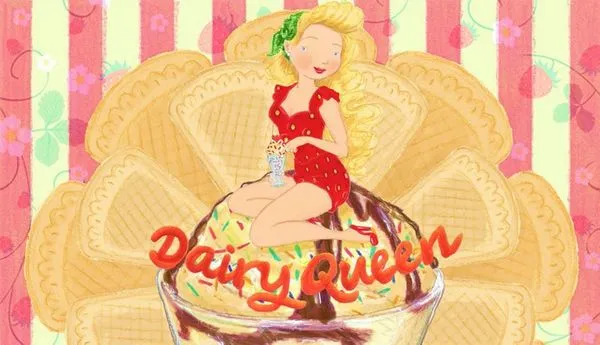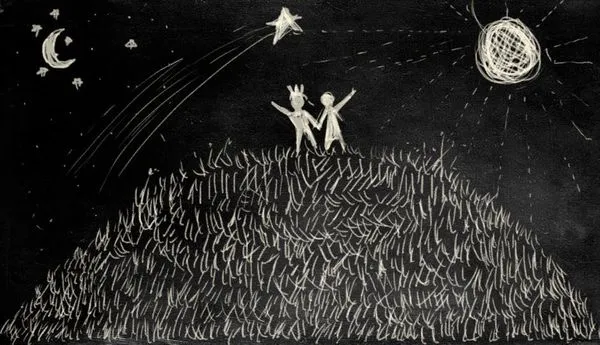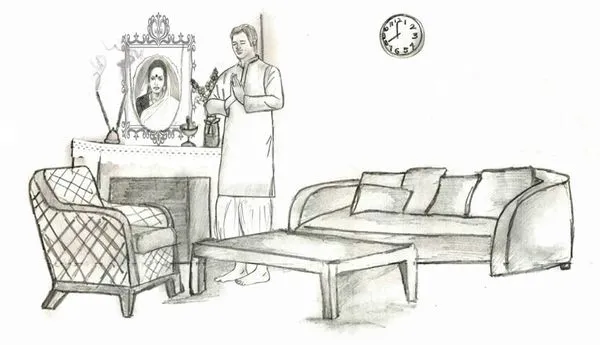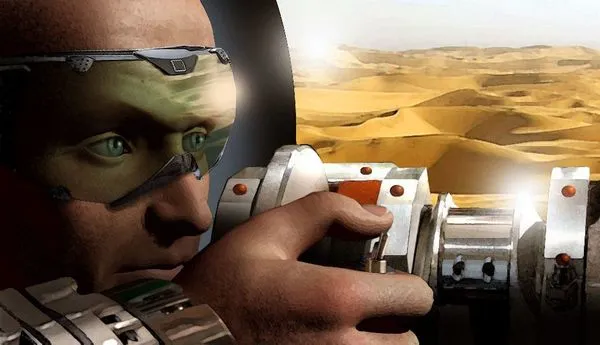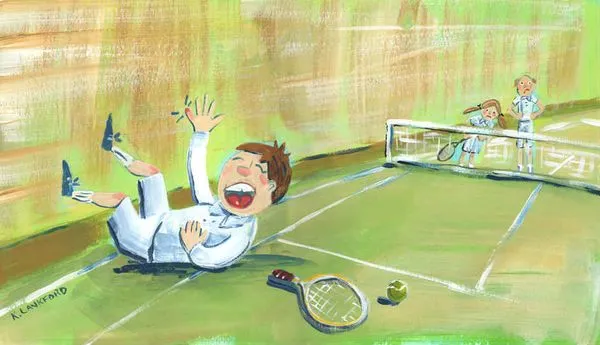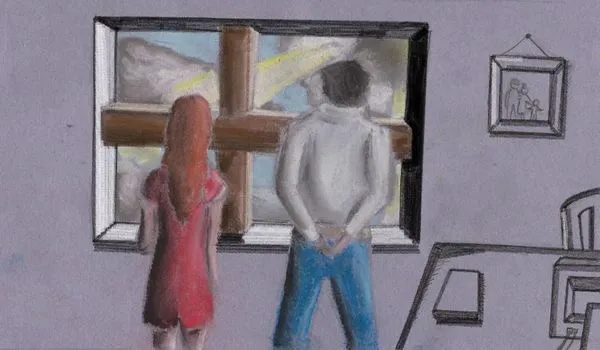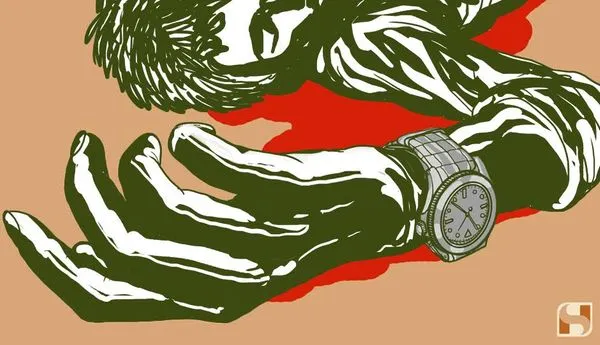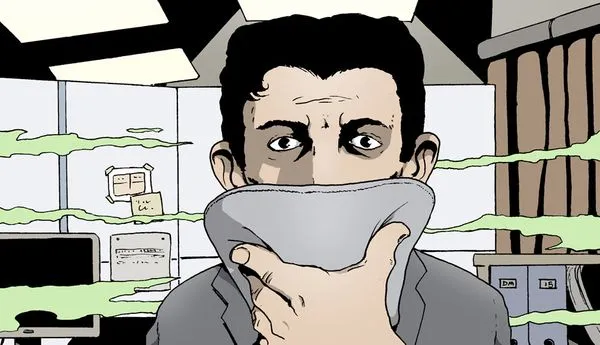When You See God, Keep Your Hands Off His Face
Published on 2012-12-27
To the eye of a visitor in those parts, the gloom outside threatened rain. I know, because I was a visitor in those parts, and when I looked out the window, I saw rain.
I turned away from the window. “Okay guys — guys? Hey! We launch as soon as the glue dries, and not a minute sooner! Hear me? No? Hey! What’d I just say?”
There’s a limit to how long a pair of young boys can postpone gratification and I feared we were already up against it. If the glue hadn’t cured by the time Matt and Vinnie breached that limit, well, that model rocket was going up regardless. Sundown was in just about an hour. And besides, it looked like rain.
Matt sat at the table, gently blowing on the glue fillets that, when cured, would secure the stabilizing fins to the rocket’s body. “The glue’ll dry faster if you do that,” I had told him. In this way I had given Matt a role in the rocket’s construction that satisfied his need to feel a part of the mission but which was in truth an utterly empty, pointless exercise.
Vinnie careened around the perimeters of several rooms of the house.
Another adult, the meddlesome Steve, hovered with arms folded.
“Okay have a look at this,” I said to Vinnie when he made a nearby pass. “C’mon over here to the table. Matt? Stop blowing for a second.”
Vinnie crashed into a chair next to Matt, who had stopped his preposterous blowing on the glue fillets.
“Now, little lesson in understanding these engines,” I said. “The first letter, that tells you how much power the little sucker’s got. A’s are weak, B’s are stronger, C’s are the strongest ‘cause they quit making D’s a long time ago.”
“Why?”
Honestly, I had no idea why they quit making D’s, but to confess the fact to Vinnie simply wouldn’t do. So I spun a tragedy ending in the intellectual impairment and grotesque disfigurement of a pair of bright and handsome young brothers upon firing up a D engine without adult supervision. Because “Here’s why,” authoritatively stated and supported with facts, any facts, even made up facts, is better for the boys’ character development than is, “Hell if I know. Let’s find out together.”
Those boys needed to believe in me. Lies are how I helped them do exactly that.
Steve made himself useful by saying he was pretty sure he’d heard the same story. So, having settled to everybody’s satisfaction the question of why they quit making D engines, I dug into the box of engines we had on hand. “So what do we got in here, anyway? A’s? Really? Sonuva .. Well, that’ll have to do for now.”
Steve suggested, unhelpfully, that maybe they packaged weak engines with these starter rockets so as to test the rocket’s construction under low power, to make it easy to find the rocket, and for the safety of the children buying them.
“But we’re here,” I snorted. “Everything’s gonna go great. Nothing bad is gonna happen.”
“I wish we had C engines!” exclaimed Matt.
“I wish we had D’s!” one-upped Vinnie.
“I wish we did too guys, but it is what it is,” I said.
Steve looked at me, confused. I ignored him.
“Okay, so this last number here,” I said, pointing at the tiny print on an engine body, “this is important. It’s the number of seconds between the engine burnout and the chute deployment.” I knew this because it was printed on the box, and I could read. They could’ve read it, too, but I read it first, which made me the expert. I crumpled the box and tossed it into the wastebasket.
I also knew, based on a summer’s worth of model rocket launches in my youth, there is absolutely nothing useful to be gleaned from the number of seconds between the engine burnout and the chute deployment. I chose not to share that truth because that truth opposed my purpose in even bringing up all this business.
“So let’s talk about the chute. I prefer streamers myself,” I went on, interjecting information utterly superfluous to our objective to reinforce my standing. “Cool thing about streamers is, you don’t have to worry so much about packing them, they pretty much just open right up and do a good enough job of controlling the rocket’s descent.”
“So why do they make parachutes?” This time it was Matt asking.
Honestly, I had no idea why they made parachutes, so I improvised a rationalization for why chutes are optimal for rockets of a certain weight classification, as determined by a complex formula that accounted for engine power and the number of seconds between engine burnout and chute deployment, whereas streamers are optimal for rockets of other weight classifications powered by engines with other characteristics too subtle and advanced for me to fully explain within current time constraints.
“I could go into the details for you, but it’d take a while. We’d have to postpone the launch.”
Behind the boys, Steve appeared skeptical but kept his peace.
I picked up the rocket tube to check on the progress of the glue’s curing. The chute slid out onto the table. I picked it up. “Matt, you did a great job packing the chute, but you know what? It looks like you might’ve bundled it a little too tight. See, the chute’s gotta open up all by itself, so if you bundle it too tight, like I think you might’ve done here, it won’t. Let’s undo it and try again.” I unbundled Matt’s effort, spread the chute out on the table, folded it, then wrapped it quite loosely with the string. Finally I held it up for all to see. “Doesn’t that seem like it’s got a better chance of opening up than it did when you packed it, Matt?”
Steve reached over the table, pinched the chute between thumb and forefinger, inspecting it closely for a few seconds. He gave it back to me with a shrug.
Matt nodded solemnly. “I wish we had streamers.”
“It is what it is,” said Vinnie, leaping from his chair.
I poked the chute into the rocket’s body. The fit was a bit snug, which I figured was a good thing. Then I inserted the nose cone.
Although I’m not an engineer, presently I declared the glue’s hardness as “within engineering tolerance of hard enough.” We walked to the launch site suggested by Steve: a public school parking lot. Nice, wide-open space. I complimented Steve in a condescending sort of way for the wisdom of his suggestion.
“Seemed kinda obvious to me,” Steve mumbled.
The launch went spectacularly well. The little rocket whooshed boldly toward the clouds that obscured our sky. Vinnie buzzed in tight circles around Matt, Steve, and I as we all craned our necks skyward. How wonderful it would be, I mused to myself, if our proud little bird pierced the heart of the overcast, dispelled the gloom, and defeated the very will of Nature?
Even underpowered with just the A engine, the rocket reached apogee at an altitude beyond the resolution limit of my eyes. I could not see the details of that stage of the rocket’s mission. But thanks to my decipherment of the engine’s code, we all knew what was supposed to happen exactly 8 seconds after the whoosh of the engine ceased.
“That’d be the chute,” Steve reported on all of us hearing a “pop!” Inwardly I celebrated. Steve’s report confirmed that the mission was progressing according to plan. More importantly, it confirmed that something that I said would happen did happen.
The rocket came into focus. It should have been drifting down beneath the chute I had packed, but it was not. Instead it was whistling nose down and straight to Earth as though cast from Heaven by the hand of an enraged God.
“That seems wrong,” Steve muttered on observing that the rocket’s nose cone was still in place.
The rocket stabbed ineffectually at the parking lot surface. The engine case, which should have been in the rocket’s body, instead smacked the lot making a sound like, “FRAUD!” A fin fluttered onto the lot many yards away.
“Bummer. Glue didn’t hold. Guess it wasn’t dry enough after all.” I observed with my hands in my pockets.
The boys collected the rocket’s remains as a light drizzle came down. They brought it to Steve and me. “I don’t think that rocket’s got another mission in it,” I said.
Steve announced, “Okay, well, I think we’re done for today.”
Inside, and back at the dining room table, the boys set to wrapping tape around the crumpled rocket body and blowing on fresh glue meant to reattach the lost fin. Meanwhile Steve and I watched George W. Bush give his State of the Union address.
“You think they got WMD?” Steve asked me between pulls on a beer.
“Hell yeah I do.”

